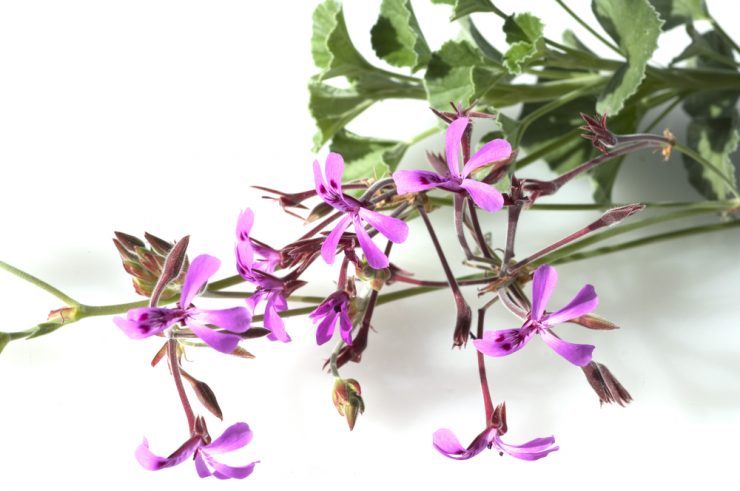The common cold affects all age groups and while not necessarily life threatening, it can make us feel terrible and some of us may be unlucky enough to suffer further complications such as chest and sinus infections, especially if we are already run down or suffer from other chronic medical conditions such as asthma. This is where pelargonium comes in useful.
Antibiotics can’t help to prevent or fight these viruses but many of us are aware of certain natural products available to us on the market such as vitamin C, zinc and echinacea which can be really helpful. There is, however, another wonderful herb that is extremely efficient in fighting the common cold and bronchitis and its name is pelargonium. Sadly it is not well known as a remedy in Europe although it is one of the best researched herbal remedies on the market.
BENEFITS
Pelargonium was first introduced here in the 19th Century where it was used by European gold miners for respiratory infections. It is native to South Africa where it has long been used as a popular traditional medicine. It is also known as black geranium amongst other common names, which differ from region to region.
The most important benefit of this wonderful herb is its ability to fight viruses and infections and to strengthen the immune system. It also displays anti-inflammatory actions. It is now a common ingredient in cough and cold syrups as well as being available as a tablet or tincture.
In herbal medicine, its chief indicated uses include: common colds, sore throats, bronchitis, runny nose, blocked nose, coughs and respiratory infections. So if you are starting to feel under the weather it is definitely worth trying. A study carried out in the Ukraine showed that not only does it reduce the severity of symptoms, but also shortens the duration of the virus.
Pelargonium has also been shown to be effective in treating acute bronchitis without causing any side effects. A German study showed that an extract of the herb (called Eps 7630) clearly reduced severity of symptoms and greatly shortened its duration. It may also be useful for treating cases of pharyngitis and tonsillitis owing to its soothing anti-inflammatory actions.
USAGE
Pelargonium is generally considered to be safe for most people and is also suitable for children; a trial involving 143 children with strep throat demonstrated that not only did it reduce the severity of the symptoms but it also reduced the duration of the infection by at least two days. No toxic effects have not been reported although it should be avoided if you are taking blood-thinning medicines such as warfarin.
So make some well-deserved space for pelargonium alongside echinacea and vitamin C in your medicine cabinet as your first line of defence against winter respiratory bugs.























